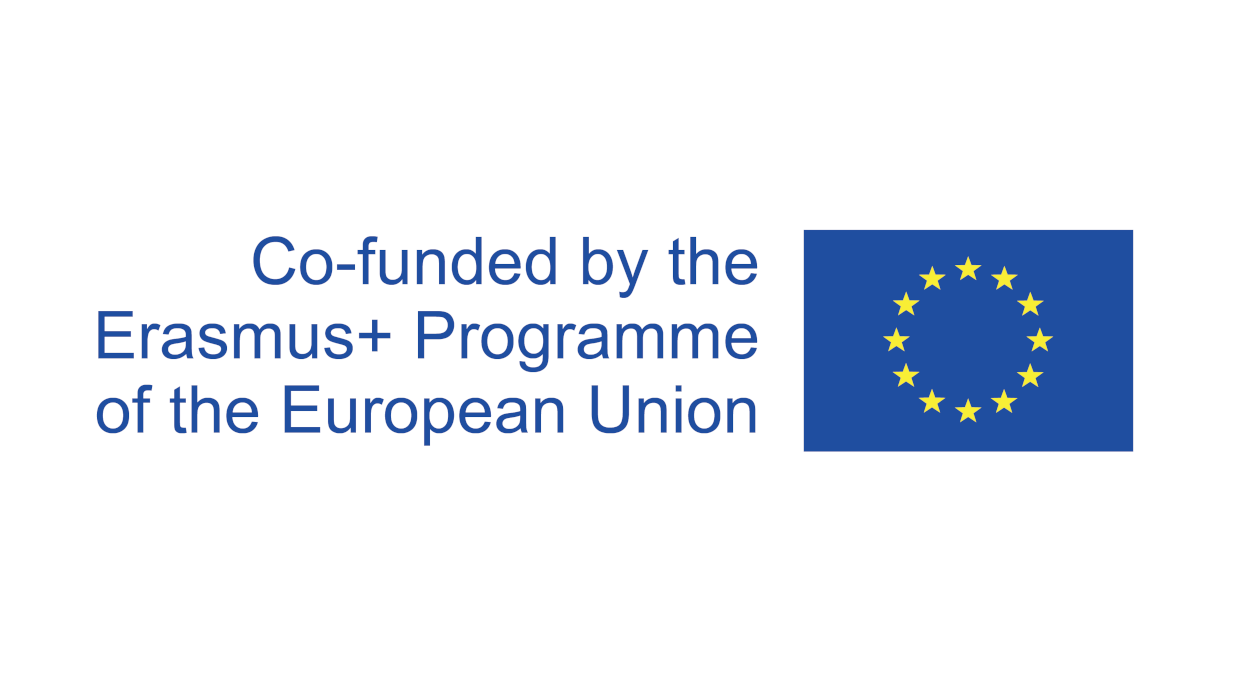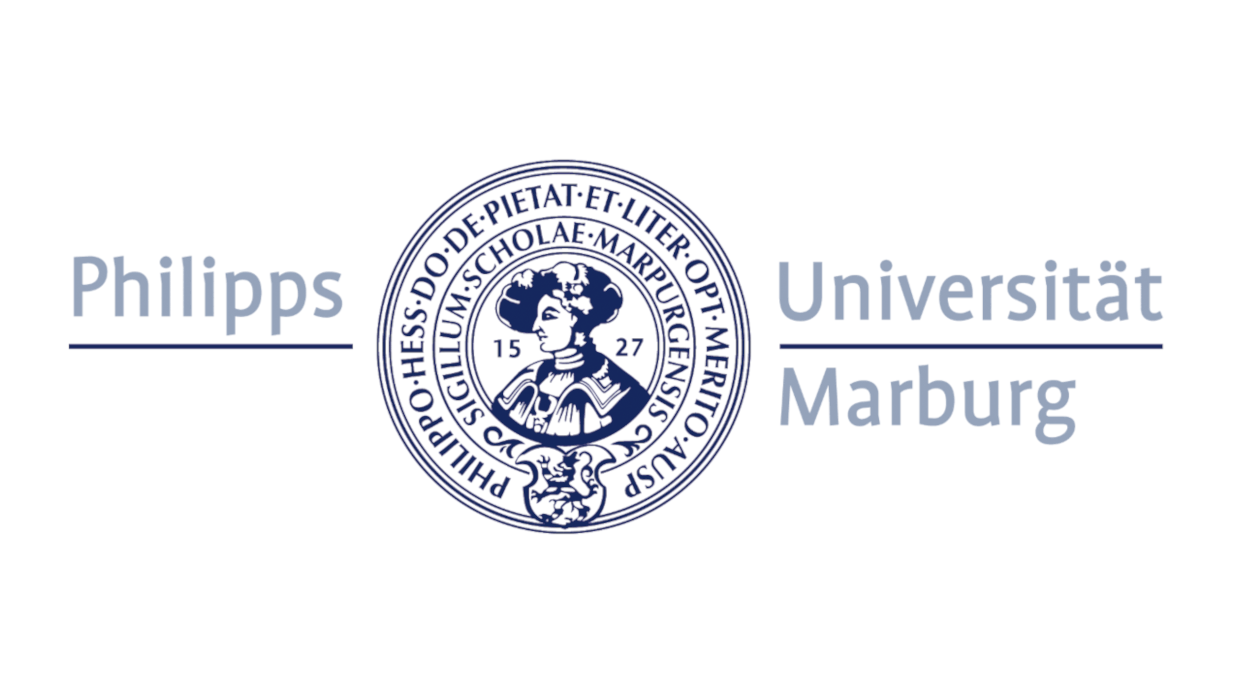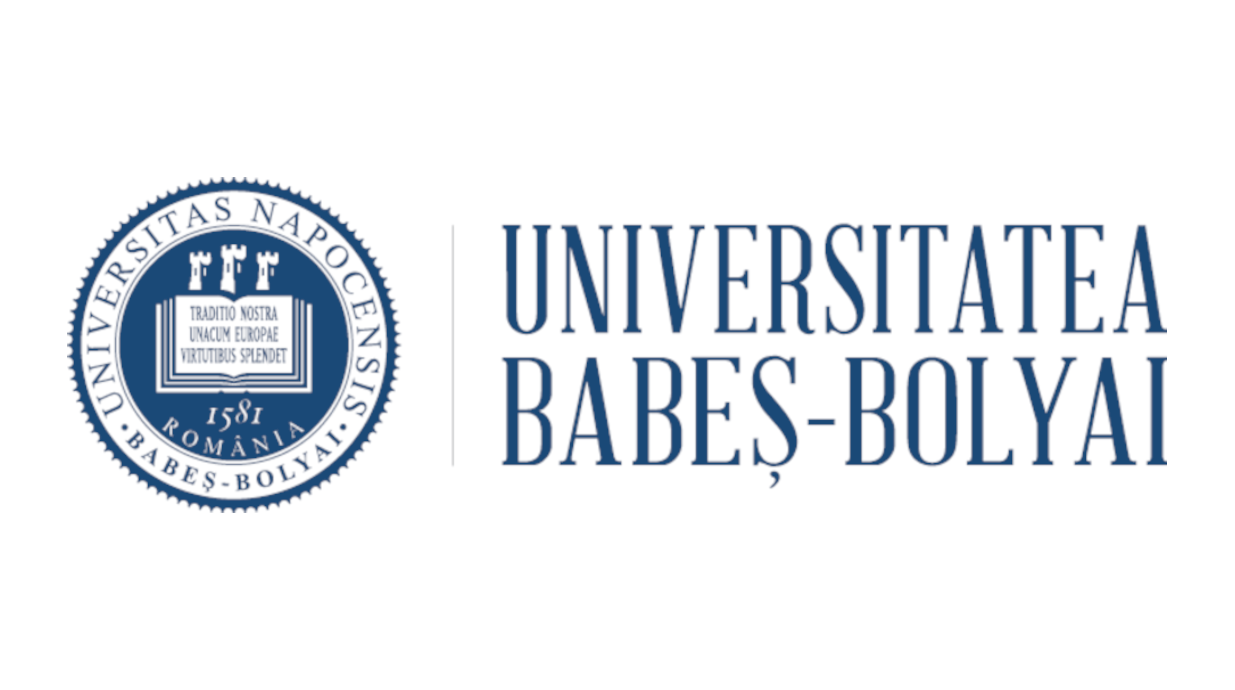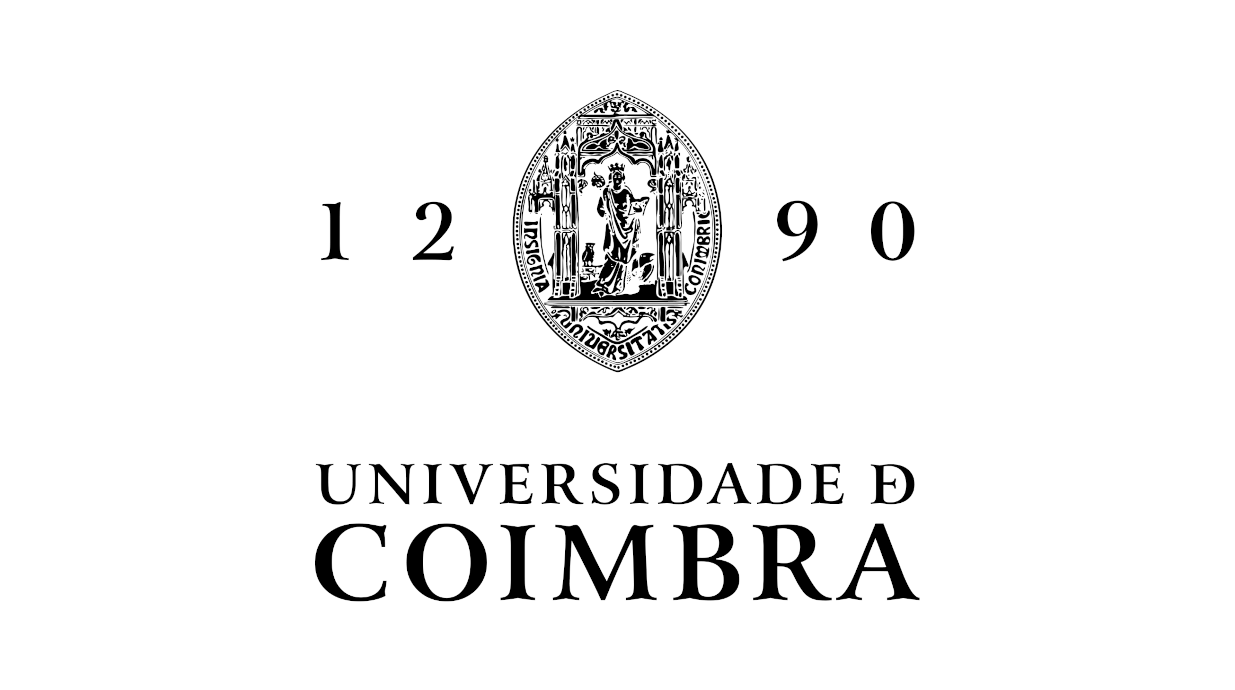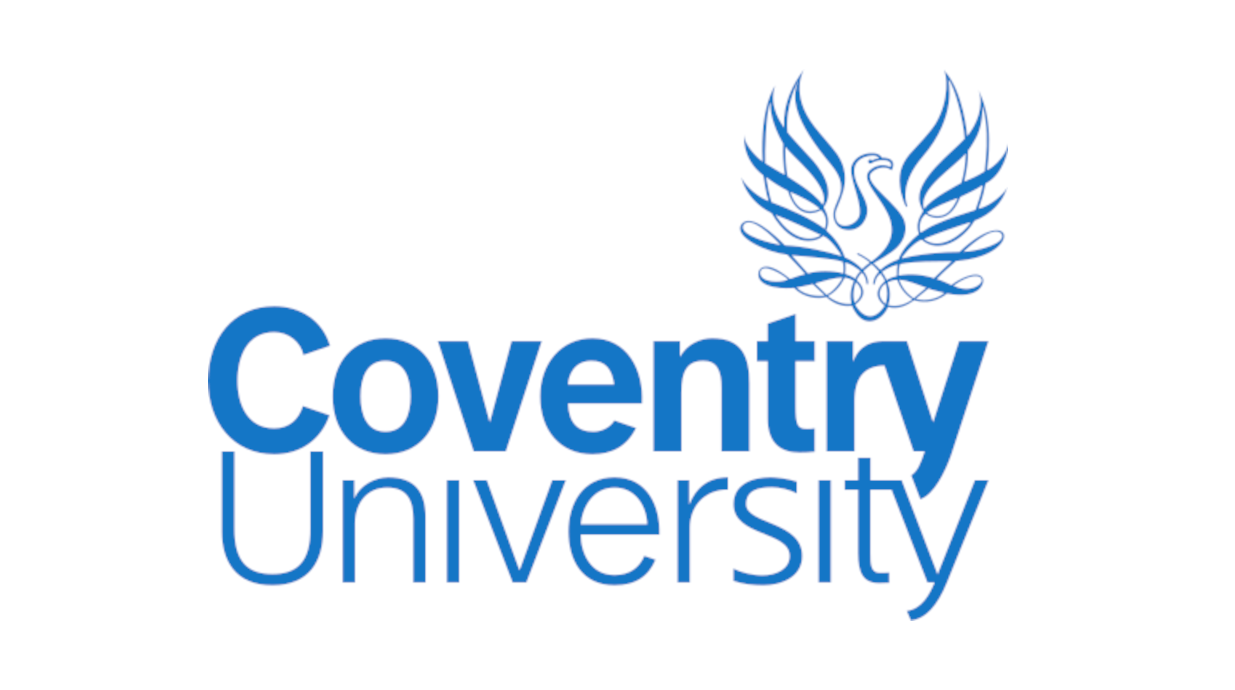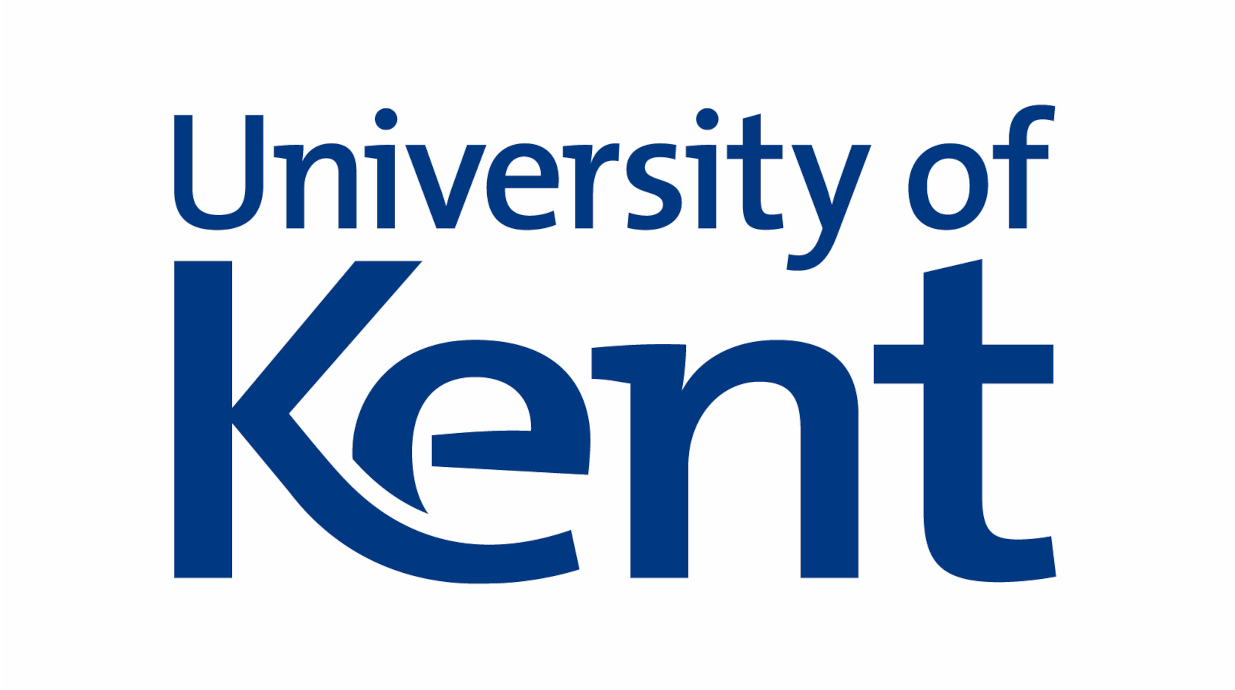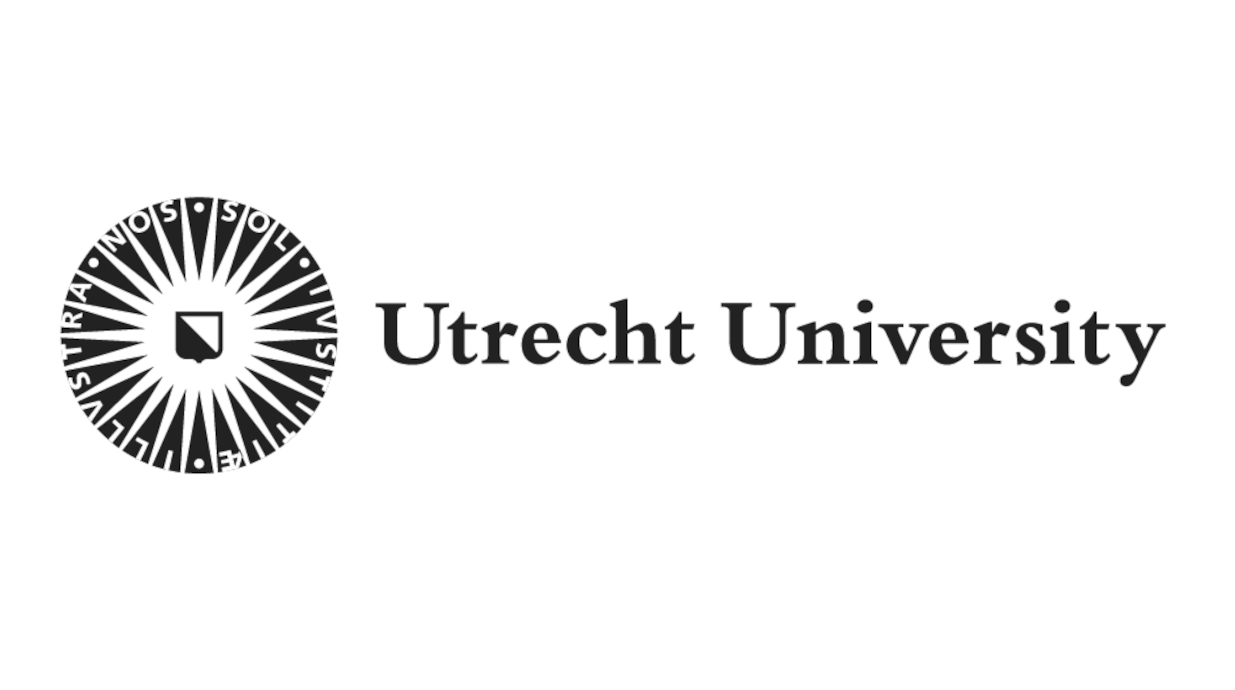Main Content
Work-based Learning in Practice - Ethical and Security Concerns (O5)

Duration: 07/2022-04/2023
Work Package Leader: Utrecht
Team: Chris van der Borgh (Utrecht), Luuk Slooter (Slooter), Koen Hoogendoorn (Utrecht), together with entire INCOPS team
The fifth Intellectual Output (O5) of the INCOPS project addresses significant challenges inherent in Work-based Learning (WBL) within Peace, Conflict & Security Studies (PCS), specifically focusing on ethical considerations and security risks. It aims to offer guidelines within the framework of INSPIRE (Integrating Service Learning in Peace & Conflict Studies Internships), aiding both students and educators in navigating these challenges effectively.
Students in PCS frequently encounter ethical and security challenges during their WBL experiences, particularly due to internships and voluntary work often taking place in conflict-prone environments. To address these concerns, INCOPS developed guidelines that emphasize best practices for integrating ethical and security considerations throughout the WBL process. These guidelines cover various facets of ethical and security concerns, including the safety of students and the affected communities in conflict-prone or insecure regions, aligning with debates on conducting sensitive research in such areas.

INCOPS Report #5.
Drawing from a literature review and comprehensive questionnaire responses from partner universities, the report identifies best practices essential for upholding ethical standards and ensuring the security and well-being of students engaged in Work-based Learning activities.
Borgh, Chris, Luuk Slooter, Koen Hoogendoorn et al. (2023) Ethics and Security of Peace and Conflict Students during their Work-based Learning Activities. INCOPS Report #5.
The ethical and security considerations are an integral part of INSPIRE, emphasizing their importance during preparation, reflection, and post-internship phases. These considerations are not just pivotal during internships but also contribute to students' professional development, forming a crucial aspect of their studies. The guidelines don't function as mere checklists but rather serve as a collection of questions and tips, encouraging ongoing reflection between internship supervisors and students.
The creation of these guidelines involved two primary levels of work. Firstly, Utrecht conducted a comprehensive literature review, examining ethical and security considerations in the context of fieldwork, incorporating insights from previous studies and the requirements posed by various countries' ethical review boards. Secondly, Utrecht conducted a survey on ethical and security considerations in existing degree programs across partner universities, revealing varying requirements and practices across different locations.
The guidelines encompass five chapters, beginning with an introduction and literature review exploring the ethical and security components of O5. It includes discussions on ethical considerations, Institutional Review Boards (IRBs), General Data Protection Regulation (GDPR), and questionnaire insights from partner universities, summarizing varied approaches, challenges, and best practices. The final chapter synthesizes findings, linking partner universities' practices with current debates in PCS education to enrich student well-being and serve as a resource for educators and policymakers.
Overall, O5 provides a comprehensive approach to address the specific challenges within PCS study programs by developing sustainable guidelines, fostering innovation through the integration of ethical considerations into target institutions, and contributing to ongoing debates within PCS education through an amalgamation of diverse experiences and current literature.
---
Integration of Work-based Learning in Conflict, Peace and Security Studies (INCOPS)
Erasmus+ Strategic Partnerships, 2020-1-DE01-KA203-005661

